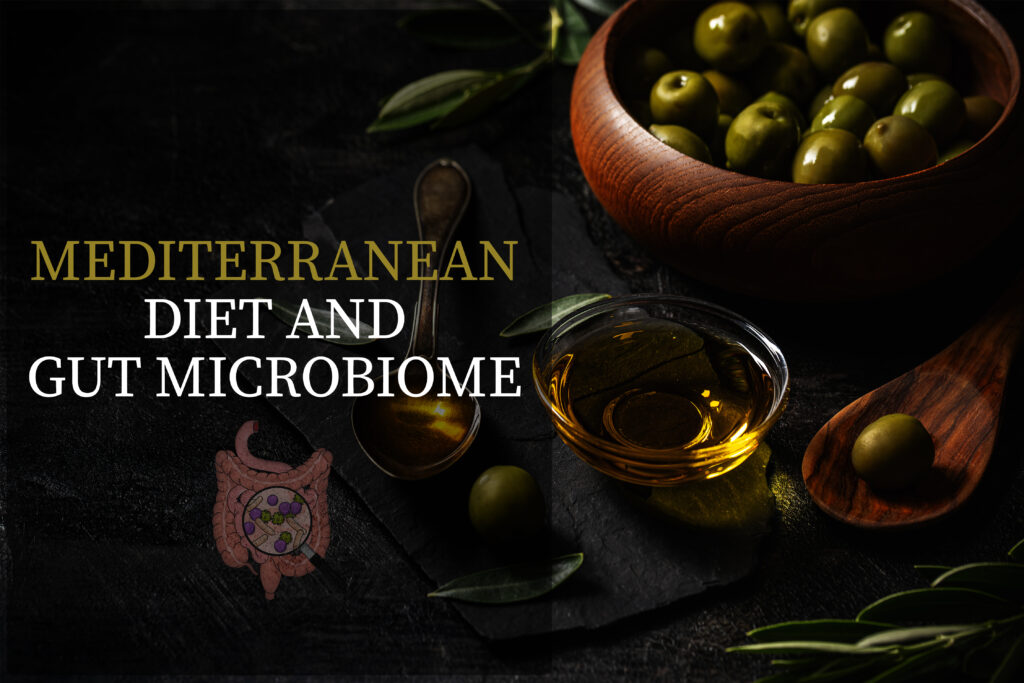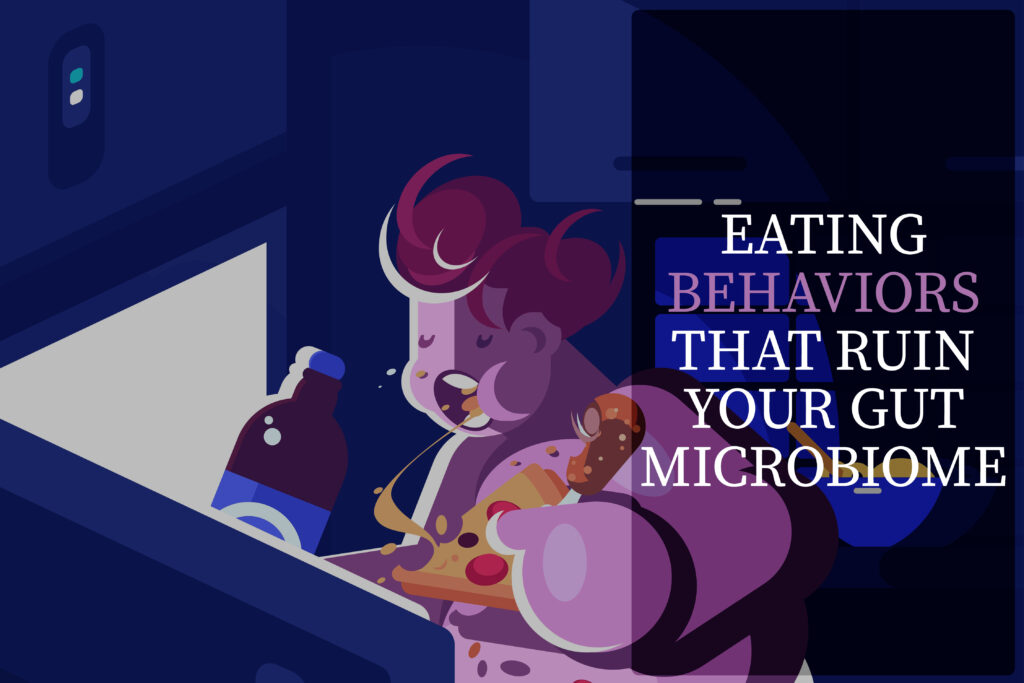Best foods for your gut microbiome
Discover the best foods for gut health and learn how a diverse gut microbiome can improve overall health by nurturing trillions of beneficial bacteria
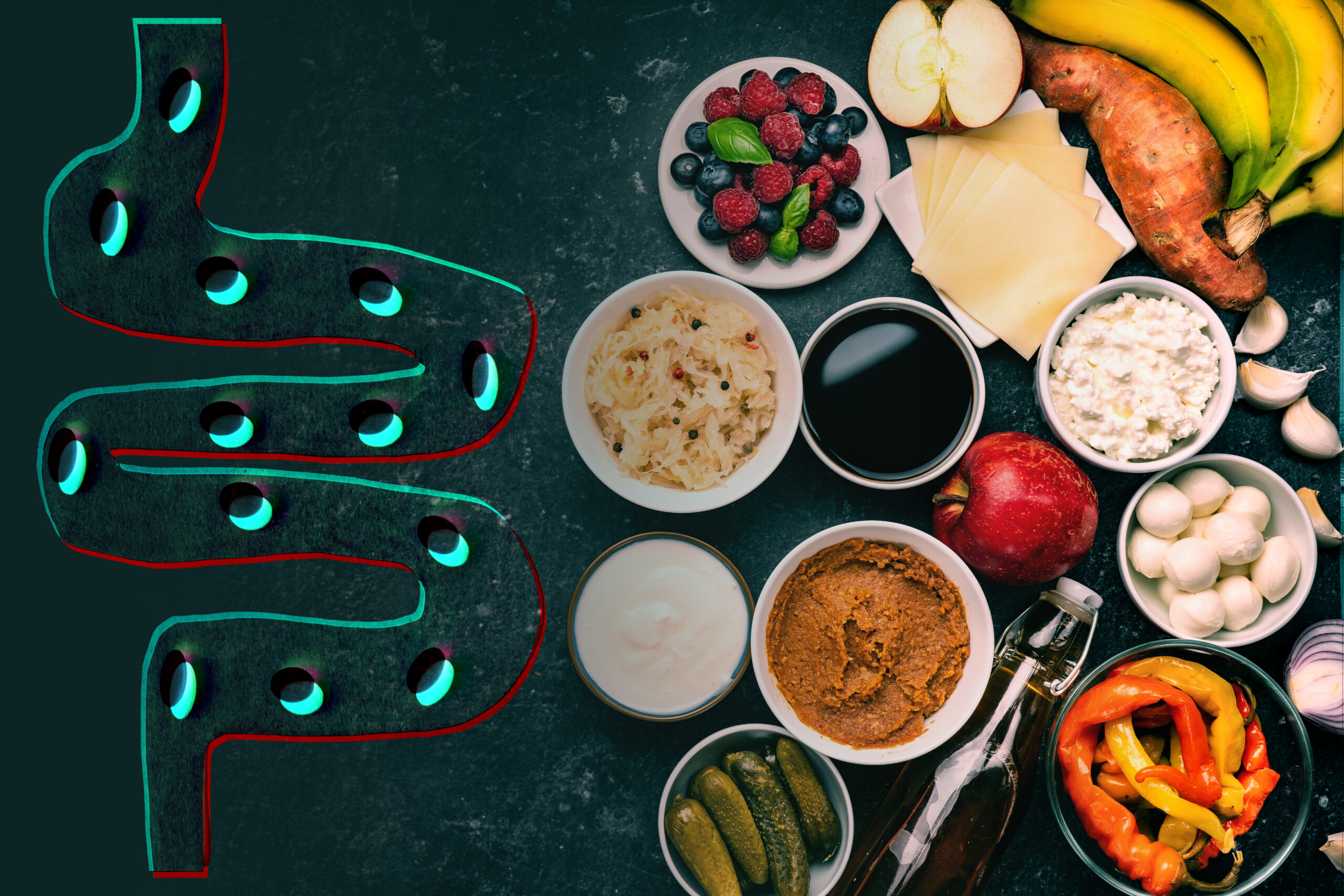
Did you know that boiling an apple can completely change the impact it has on your gut microbiome? This fascinating phenomenon is due to the transformation of the peel’s fiber structure during the boiling process.
Foods for gut health: An introduction

Exercise optimizes your gut microbiome
Dietary factors influencing gut microbiome development
- The type of carbohydrate and fiber consumed
- The quantity of a specific food consumed at any time
- The frequency of consuming a specific food
- The method a specific food is cooked
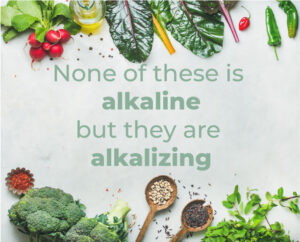
When it comes to gut microbiome development, various factors come into play. An important misconception is that our gut is alkaline. On the contrary, our gut is acidic, and this acidity is that promotes the development of a commensal microbiome. The main dietary factors deciding which microbial populations will thrive and which will die are the following:
Type of carbohydrate and fiber consumed

Different types of fibers favor different microbes. For example, inulin, a type of prebiotic fiber, can be found in vegetables like onions, garlic, and leeks. This fiber is known to promote the growth of beneficial bacteria like Bifidobacteria and Lactobacilli. In contrast, resistant starches, like those found in bananas, can increase the production of short-chain fatty acids (SCFAs), such as butyrate, which has been shown to reduce inflammation and promote gut health.
Quantity of specific food consumed

Eating too much of a specific ingredient can lead to a monotonous development of species, crowding out other beneficial bacteria. So, variety is key! For instance, overconsumption of protein can result in an excess of harmful byproducts like ammonia and a decrease in SCFAs, negatively impacting gut health.
Frequency of specific food consumed

Your gut flora changes with the seasons, just like the flora of the earth. Eating seasonally allows you to provide a diverse range of nutrients for your gut ecosystem, ensuring a healthy and balanced gut ecosystem. Studies have shown that our gut microbial community undergoes seasonal fluctuations, with certain bacterial species being more abundant during the summer months, while others increase during winter.
Cooking methods and their effects on fiber structure

Different cooking methods can produce different effects on the fibers in our foods. For instance, boiling or steaming vegetables may break down some fibers, making them more accessible for gut microbes, while roasting might have a different impact altogether. Research has shown that cooking methods can also affect the bioavailability of nutrients, such as the release of antioxidants from fruits and vegetables.
Fermented foods, prebiotics and probiotics for a healthy gut
Fermented foods are a fantastic way to boost your gut health, as they are packed with probiotics. These live microorganisms help maintain a healthy balance of gut bacteria, improving overall gut health. Some popular fermented foods include kefir, sauerkraut, kimchi, and miso, all of which are teeming with beneficial bacteria. When it comes to probiotic foods, research has shown that different strains of bacteria have distinct health effects. For example, Lactobacillus rhamnosus GG has been shown to reduce the severity and duration of diarrhea, while Bifidobacterium infantis may help alleviate symptoms of irritable bowel syndrome (IBS).
Best foods for microbiome and their impact on gut health

Intestinal permeability
Friend or foe?
Food | Fibers | Bacteria and effect |
|---|---|---|
Apple | Pectin | Bifidobacteria that support vitamin production and immune regulation |
Leeks | Inulin | Lactobacilli that improve mineral absorption |
Whole grains | Beta-glucan | Bifidobacteria that lower cholesterol levels |
Almonds | Skin fiber | Increased Bifidobacteria counts |
Asparagus | FOS | Bifidobacteria that enhance immune responses |
Artichokes | Inulin | Bifidobacteria growth |
Raspberries | Soluble fiber | Lactobacilli that aid in weight management |
Junk food | Harmful ingredient | Health effect |
|---|---|---|
Soda | Added sugars | Contributes to obesity, type 2 diabetes, and promotes the growth of harmful bacteria |
Fried foods | Trans fat | Impairs gut barrier function and disrupts gut microbiota |
Processed meats | Nitrates, sodium | Negatively impacts gut bacteria balance and increases cardiovascular disease risk |
Store-bought cakes | Added sugars, preservatives | Promotes harmful bacteria, increases risk of obesity and chronic diseases |
Fast food burgers | High saturated fat, sodium | Contributes to obesity, heart disease, and negatively affects gut microbiome balance |
Achieving optimal gut health with mindful food choices
To maintain a healthy gut microbiome, it’s essential to make mindful food choices. Here are some tips to keep your gut microbes happy and thriving:
-
-
Eat seasonally and diversely: Opt for a wide variety of fruits, vegetables, and whole grains to provide a diverse range of nutrients to your gut bacteria. This will support a balanced gut ecosystem.
-
Choose raw or cooked foods with different methods: Experiment with various cooking techniques such as boiling, steaming, roasting, and sautéing to expose your gut microbes to different fiber structures.
-
Embrace plant-based diets and prebiotic foods: Plant-based foods, such as legumes, nuts, seeds, and whole grains are rich in fiber and provide an excellent environment for beneficial gut bacteria to flourish.
-
Avoid processed foods and excess sugar: Consuming high amounts of processed foods and sugar can disrupt the balance of bacteria in your gut, favoring the growth of harmful bacteria.
-
Support digestion through fermented foods and drinks: Incorporate fermented foods, such as yogurt, kefir, sauerkraut, and kimchi into your diet to boost the population of beneficial bacteria in your gut.
-
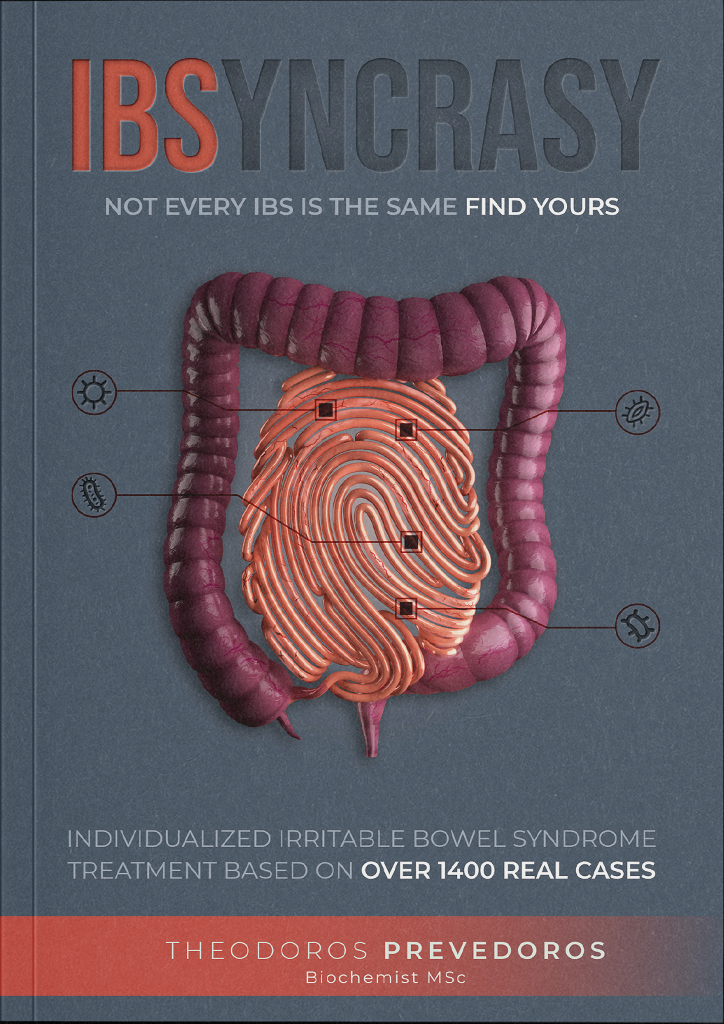
Supporting and improving digestion: Conclusion
In conclusion, a healthy gut microbiome plays a critical role in our overall health and well-being. By choosing the right foods, we can support a diverse and balanced gut ecosystem. Remember to eat a variety of plant-based foods, consume fermented foods and drinks, and avoid processed foods and added sugars. By following these simple tips, you’ll be well on your way to a happy and healthy gut. Bon appétit!
FAQ
What are the best gut health foods?
To support and heal your gut bacteria, focus on consuming a diverse range of foods, such as fruits, vegetables, whole grains, legumes, nuts, and seeds. Including fermented foods like yogurt, kefir, sauerkraut, kimchi, and miso in your diet will supply beneficial probiotics, promoting the growth of good bacteria in the gut. Additionally, prebiotic-rich produce like apples, leeks, asparagus, and artichokes can help nourish and improve gut health by supporting a healthy microbiome.
How can I reset my microbiome naturally?
To reset your microbiome naturally, adopt a diverse diet rich in fiber and nutrients that supports a healthy microbiome. Limit the intake of processed foods, added sugars, and unhealthy fats, stay hydrated, and consider including fermented foods or even a probiotic supplement to provide beneficial bacteria for your gut. Remember, consistency is key; it takes time for your intestinal bacteria to adapt to changes in your diet.
What breakfast is good for gut bacteria?
A gut-friendly breakfast could include whole grains, such as oatmeal or whole-grain toast, topped with almond or peanut butter, fruits like berries or bananas, and a serving of yogurt or kefir for a dose of probiotics. You can also opt for a green smoothie made with leafy greens, fruits, nuts, and seeds or a vegetable omelette with whole-grain toast on the side.
How long does it take to reset microbiome?
The time it takes to reset your microbiome depends on factors like your current diet, lifestyle, and overall health. In order to improve your gut health you need to consistently follow a diverse, plant-based diet that supports the growth of good bacteria. However, it can take several months for your intestinal bacteria to fully adapt and establish a healthy, balanced microbiome. Patience and commitment to dietary changes are essential for long-term gut health.

With a background in Chemistry and Biochemistry from the National and Kapodistrian University of Athens, Theodoros brings a wealth of knowledge in functional medicine and advanced treatments to his role. He possesses exceptional skills in analysis, pattern recognition, diagnostic translation, and storytelling. He is also FMU certified in Functional Medicine and has received training in advanced treatments from the Saisei Mirai Clinic in Japan.
